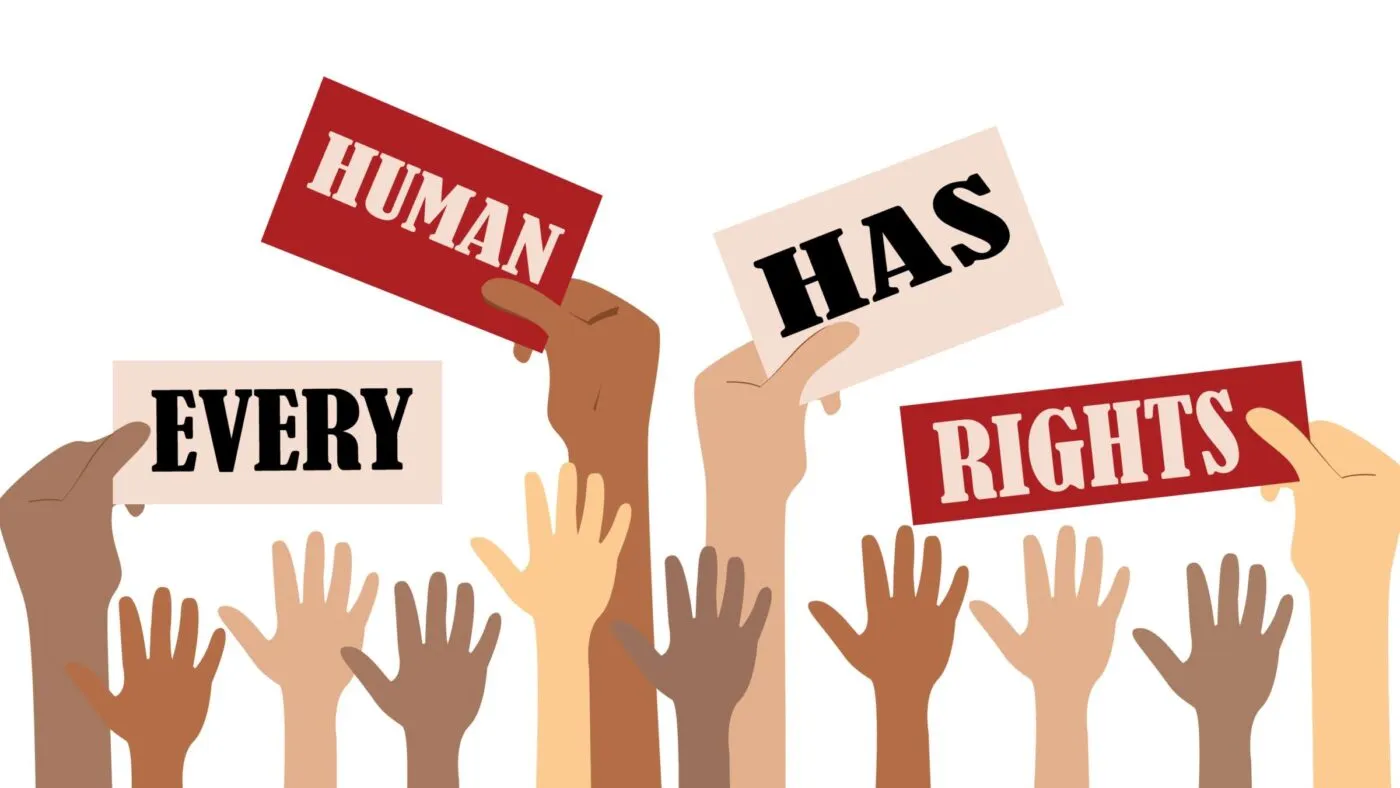When researching human rights issues, finding credible and reliable information is essential for accuracy and advocacy. However, the vast amount of available data can make it challenging to pinpoint trustworthy sources. Human rights query tips are designed to help researchers, activists, and advocates refine their search strategies, making it easier to find accurate, relevant information. From selecting precise keywords to filtering sources and interpreting search results, these tips ensure that users access the most valuable data, enhancing the quality of their work and decisions.
Introduction about human rights query tips
In a world where information about human rights is vast yet often scattered, effective search strategies are crucial for researchers, advocates, and activists. Being able to conduct precise searches not only saves time but also ensures access to credible and relevant information. This guide offers human rights query tips that will help you craft effective search queries, empowering you to navigate the vast landscape of data efficiently. By mastering these strategies, users can access the most valuable information and improve the quality of their research and advocacy efforts.

Choosing the right keywords
The foundation of a successful search lies in selecting the right keywords, a key aspect of human rights query tips. Being specific with your terms helps refine results and ensures relevance. Instead of searching broadly for “human rights,” use focused phrases like “freedom of speech in Southeast Asia” or “gender equality in Africa.” This targeted approach improves the quality of your results significantly.
Additionally, a crucial part of human rights query tips is thinking about synonyms or related terms. For instance, using “human trafficking” alongside “forced labor” can yield complementary but essential insights, expanding your search scope while maintaining relevance. By broadening your terms strategically, you can uncover key information that may not surface in a general search, ensuring you don’t miss critical perspectives.
Utilizing advanced search techniques
Utilizing advanced search techniques is an essential component of effective human rights query tips, as it can significantly boost your search efficiency. One key technique is using quotation marks for exact phrase matching. For example, searching for “right to education” will yield precise results containing that exact phrase, helping you filter out irrelevant data. This is particularly helpful for multi-word terms with specific meanings in human rights contexts.
Another vital human rights query tip is the use of the minus sign (-) to exclude unwanted terms. For instance, if researching labor rights but seeking to exclude results about “child labor,” entering “labor rights -child labor” helps narrow down relevant sources. This strategy fine-tunes your search and ensures more focused results that align with your research needs.

Filtering search results
After conducting a search, it is important to leverage available filters to narrow down the results further. Most search engines, including HuriSearch, provide filters that allow users to refine results by source type, document type, or even time frame. For instance, you can choose to view only reports from recognized human rights organizations or limit your search to recent publications.
Using these filters can save you time and help you quickly locate the specific information you are seeking. Moreover, it allows you to focus on credible sources, which are vital for human rights research. Renowned organizations like Human Rights Watch and Amnesty International are prime examples of reliable sources that provide well-researched and authoritative reports.
Human rights query tips – Understanding document types
Understanding different document types is a crucial part of effective searching, especially when dealing with human rights information. One of the most valuable human rights query tips is learning to distinguish between various sources like reports, academic studies, and articles from human rights organizations. Each document type serves a specific purpose.
For example, reports from well-known NGOs like Amnesty International often contain in-depth analyses and actionable data, essential for advocacy work. On the other hand, academic studies may offer theoretical frameworks or statistical insights. Applying human rights query tips to identify and evaluate these differences enables more informed research decisions, improving the relevance and depth of your findings.

Troubleshooting search challenges
When encountering search challenges, researchers can apply human rights query tips to improve their results. Issues such as too few relevant outcomes or overwhelming data are common. In such cases, refining keywords or filters is essential. For example, adjusting “freedom of speech” to “speech rights” or “expression freedom” can broaden the search and reveal hidden data.
Flexibility with language is another key human rights query tip. Synonyms and related terms may expose diverse content, enhancing the search scope. Adapting queries based on context ensures better, more accurate results.
Lastly, reassessing your entire search strategy is important. Revisiting your research question and refining filters like date ranges or source types helps narrow the focus. Utilizing tools like advanced filters on platforms such as HuriSearch ensures that the information gathered is both relevant and credible.
Conclusion
In summary, mastering the art of crafting effective queries is crucial for anyone involved in human rights research or advocacy. By following these human rights query tips – choosing the right keywords, utilizing advanced search techniques, filtering results, understanding document types, and troubleshooting challenges – you can significantly enhance your research outcomes.
The ability to find accurate and relevant information empowers researchers and advocates alike, enabling them to make well-informed decisions and take meaningful actions in the field of human rights. By applying these strategies, you can navigate the vast landscape of information with greater ease and confidence, ultimately contributing to a more informed and effective approach to human rights advocacy.


